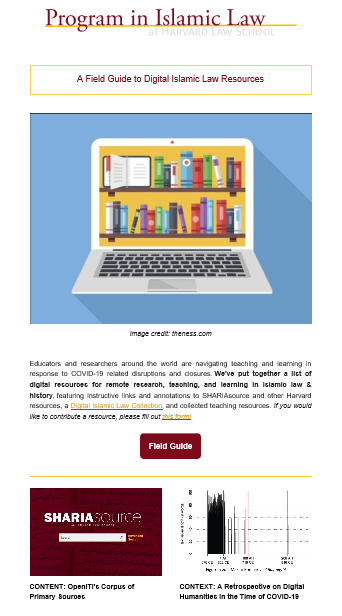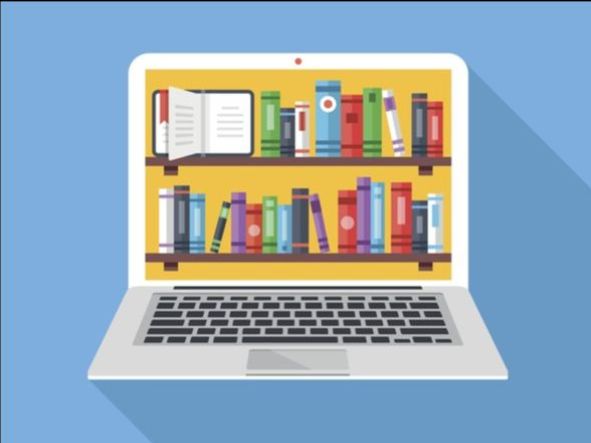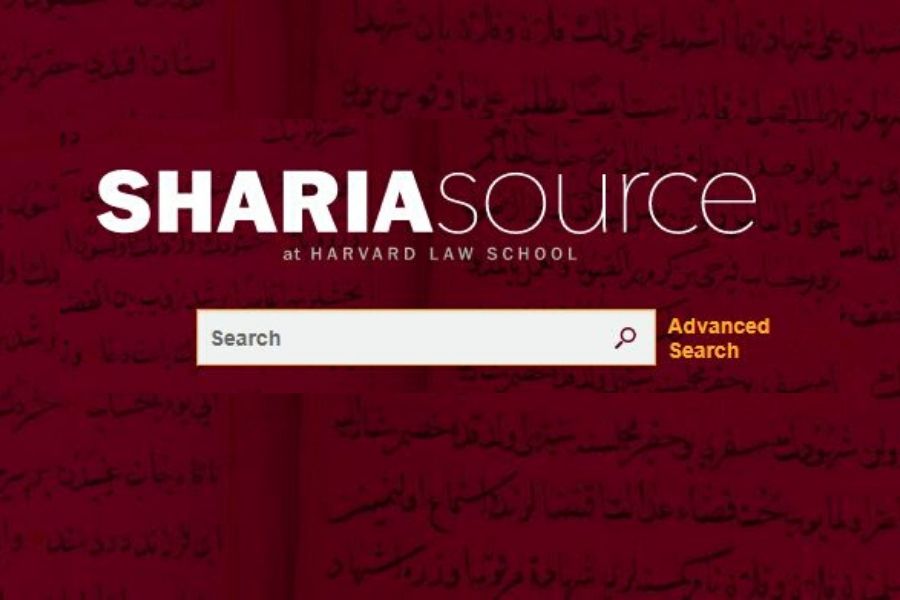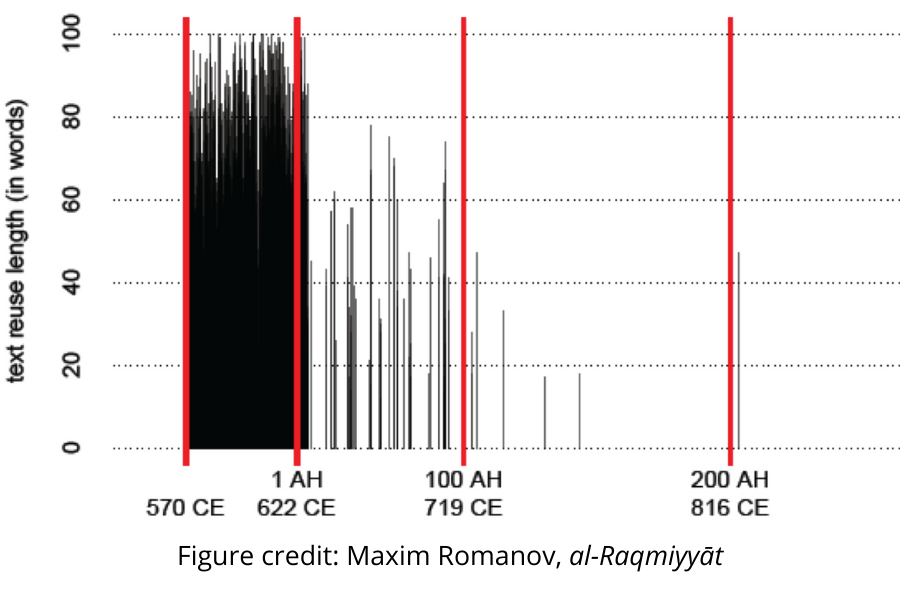
 A Field Guide to Digital Islamic Law ResourcesEducators and researchers around the world are navigating teaching and learning in response to COVID-19 related disruptions and closures. We’ve put together a list of digital resources for remote research, teaching, and learning in Islamic law & history, featuring instructive links and annotations to SHARIAsource and other Harvard resources, a Digital Islamic Law Collection, and collected teaching resources. If you would like to contribute a resource, please fill out this form! Image credit: theness.com
A Field Guide to Digital Islamic Law ResourcesEducators and researchers around the world are navigating teaching and learning in response to COVID-19 related disruptions and closures. We’ve put together a list of digital resources for remote research, teaching, and learning in Islamic law & history, featuring instructive links and annotations to SHARIAsource and other Harvard resources, a Digital Islamic Law Collection, and collected teaching resources. If you would like to contribute a resource, please fill out this form! Image credit: theness.com
 CONTENT: OpenITI’s Corpus of Primary SourcesOne objective of the SHARIAsource Portal is to provide resources that enable innovative research around the rich Islamic textual tradition. The Open Islamicate Texts Initiative (OpenITI) has constructed the first machine-actionable scholarly corpus of premodern Islamicate texts. Our partners over at OpenITI aims to provide the essential textual infrastructure in Persian and Arabic for new forms of macro textual analysis and digital scholarship. The entire corpus is searchable online, using this link. Image credit: SHARIAsource
CONTENT: OpenITI’s Corpus of Primary SourcesOne objective of the SHARIAsource Portal is to provide resources that enable innovative research around the rich Islamic textual tradition. The Open Islamicate Texts Initiative (OpenITI) has constructed the first machine-actionable scholarly corpus of premodern Islamicate texts. Our partners over at OpenITI aims to provide the essential textual infrastructure in Persian and Arabic for new forms of macro textual analysis and digital scholarship. The entire corpus is searchable online, using this link. Image credit: SHARIAsource
 CONTEXT: A Retrospective on Digital Humanities in the Time of COVID-19Digital Humanities scholars are reflecting on the use of machines for historical research. Maxim Romanov of the University of Vienna offers an analysis of the volume of text reuse in 14th-century Syrian historian Ḏhahabī’s Taʾrīkḫ al-Islām (The History of Islam). We revisit his earlier foray in digital humanities that is especially relevant to our times. In it, Romanov notes how computational methods on digital texts allow scholars to discover connections between, and use of, Ḏhahabī’s sources themselves. Image credit: Maxim Romanov, al-Raqmiyyāt
CONTEXT: A Retrospective on Digital Humanities in the Time of COVID-19Digital Humanities scholars are reflecting on the use of machines for historical research. Maxim Romanov of the University of Vienna offers an analysis of the volume of text reuse in 14th-century Syrian historian Ḏhahabī’s Taʾrīkḫ al-Islām (The History of Islam). We revisit his earlier foray in digital humanities that is especially relevant to our times. In it, Romanov notes how computational methods on digital texts allow scholars to discover connections between, and use of, Ḏhahabī’s sources themselves. Image credit: Maxim Romanov, al-Raqmiyyāt
See the full newsletter.

